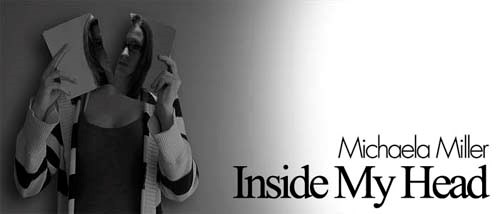Ever notice how some people have favourite words or phrases they like to throw in while telling you a story? Ever notice how certain generations have favourite words they use in conversation? Some of them are worth a good laugh, some of them just a product of the era and some, particularly where the present is concerned, are downright cringe-worthy.
I am from the late nineties, when the word “like” was no longer exclusively used for simile description. “Uhm”s and “uhh”s were stolen away from natural story-telling and replaced with this four letter imposter. Once teen girls got a hold of the word, like a parasite it dug its way into the brain and nestled into a new home. It like, became a descriptor for like, every part of a sentence. It was easy to tell the generation gap through conversation. The older generations would use a phrase such as, “she said …”, whereas the younger ones would say it, “she was like…” It became such a normal part of our vocabulary that we would say it unknowingly, and without hesitation.
Fast forward twenty years and we have the same thing happening to our younger generations, with an even more egregious term. The word “literally” has seeped into the minds of the young and permeated their vocabulary to the point where the original usage, an adverb, has mutated into a horribly inaccurate adjective. With the help of the internet, the word has spread like a virus, creating an epidemic of misusers around the globe. Not only is it used without thought in conversation, it’s used online without second thought. A written word has more influence than a spoken one, therefore anyone reading the word used in a sentence could mistake it as proper usage.
The question I ask myself repeatedly is why? Seriously, why? Literally, used in its proper context, means in a literal or strict sense; to translate word for word. If you were to read a poem and understand its symbolism in a physical sense, you are reading the poem literally. When exactly did its definition become demoted to a descriptor? I cannot tell you how many times I’ve been in a conversation where I hear this particular phrase: “I literally died laughing.” At this point in time I no longer correct them; I just ask them with a shocked face how they were brought back to life. I am met with blank stares until someone tells me to calm down and not take things seriously. I am not taking things seriously, I am taking your sentence literally, like you had intended for me to by saying the word literally. This has all become just so backwards. I am not “just being a Grammar Nazi” to make your life miserable, I have become an advocate for proper word usage so you can’t abuse these terms anymore.
Just as with the word “like,” I think “literally” is a product of people wanting a new adjective; a new way to describe things. Remember when epic was a popular one? Also, with literally being a four syllable word, I think that people think it is a way for them to sound more intelligent. The truth is, however, that you sound silly. Words are in fact, very old. Our modern language era began in the 1800’s. Even words that we have mashed together such as hangry, a combination of hungry and angry, are an old concept taken from the Viking era. For example, a berserker was a Viking warrior who would enter a battle in a crazed frenzy, wearing only animal skin as armour, shouting at the top of his/her lungs to invoke the spirit of the animal they wore. The Scandinavian spelling is “berserkr,” a combination of two words that come together to make the one word, bear-shirt in English. What we also know about the English language is that it has roots in almost every other language. We have words taken from Latin, French, Scandinavian, Germanic, Hindu and many more languages. So what we can say is that English literally is a hybrid language.
To look for a new word is to just look at the words we already have in the English language. Before the word literally comes out of your mouth, think for a moment. Maybe the word actually would better suit your story. If we have the constant need to come up with new words to sound smart, cool and fashionable, we are going to crash. That’s figuratively speaking of course, in a metaphorical context.




